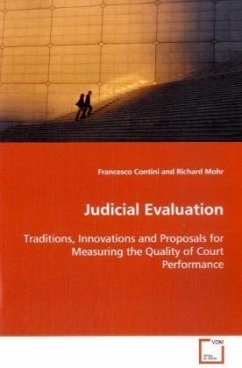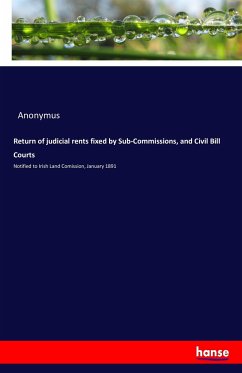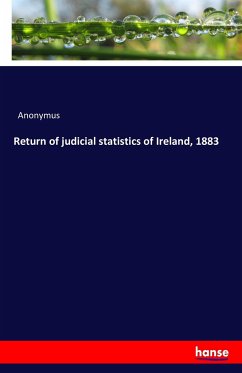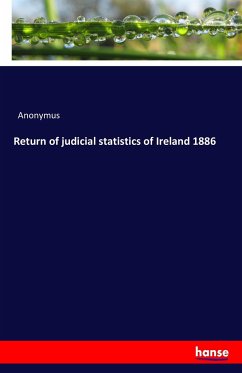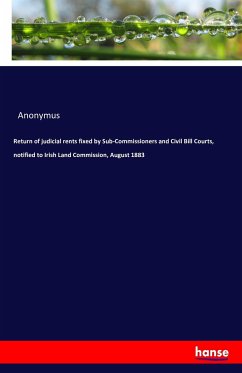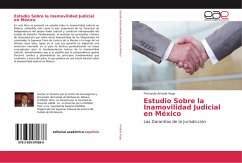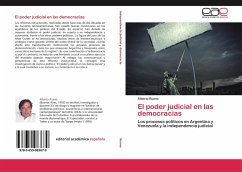Can courts and judges be evaluated? Or are the ideals
of justice incompatible with quality measurement?
These questions are addressed by research into the
experience of nine European countries. Issues of
independence and accountability are analysed by
examining the role of the courts as a branch of
government that maintains legitimacy and authority as
well as providing a public service. This appreciation
broadens the conception of accountability, while
highlighting that independence is but a means to the
end of impartiality. The interests, values and
traditions of the law, public management and civil
society are each recognised as being relevant to
judicial evaluation. The criteria proposed for the
effective evaluation of courts include a respect for
the core values and roles of courts, a meaningful
place for all actors, including the public, and means
to ensure that evaluations have consequences in the
day to day operations of justice systems. Drawing on
practical examples, the book concludes with proposals
that may enhance impartiality, accountability and
democracy in the administration of justice.
of justice incompatible with quality measurement?
These questions are addressed by research into the
experience of nine European countries. Issues of
independence and accountability are analysed by
examining the role of the courts as a branch of
government that maintains legitimacy and authority as
well as providing a public service. This appreciation
broadens the conception of accountability, while
highlighting that independence is but a means to the
end of impartiality. The interests, values and
traditions of the law, public management and civil
society are each recognised as being relevant to
judicial evaluation. The criteria proposed for the
effective evaluation of courts include a respect for
the core values and roles of courts, a meaningful
place for all actors, including the public, and means
to ensure that evaluations have consequences in the
day to day operations of justice systems. Drawing on
practical examples, the book concludes with proposals
that may enhance impartiality, accountability and
democracy in the administration of justice.

